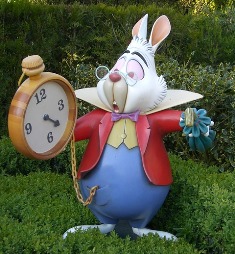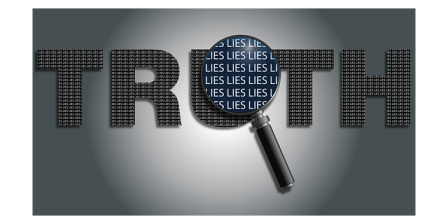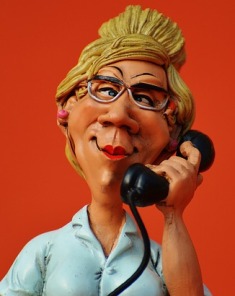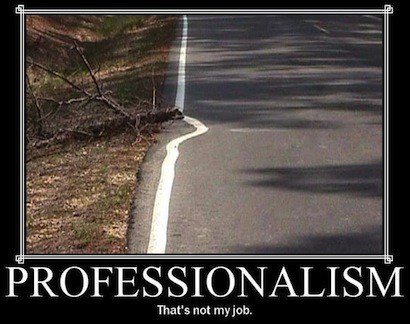Are You Writing Naked Salad?
Are You Writing Naked Salad?
I’ve been on a “writing characters” kick of late, probably because I’m neck-deep into finishing my latest novel. I’m busy tweeking each character, making sure I keep them fully fleshed and that each one has a unique flavor, or voice.
I’ve also been binge-watching an old television show called Leverage. It was on TNT from 2008-2012. The story centers around an ensemble cast of high-tech misfit crooks who steal from other crooks to get satisfaction for wrongs done by the wealthy and corrupt. They come together for just one job, then they come back together again (and stay together) to continue doing good work. It’s sort of Robin Hood and Equalizer meets Oceans 11 on Mission Impossible with a MacGyver. In other words, it is the best many worlds in one.

What is endearing about the show, more than the stories, are the characters. The main crew includes a thief, a grifter, a hitter (he hits, really, and hates guns), a hacker, and a mastermind (who didn’t start out being any sort of a criminal). All of these characters do what law-abiding people cannot.
In other words, they are anti-heroes. The whole lot of main characters are pseudo villains! And the real villain in the story is actually a good guy! It’s clever and unique and I’m completely mesmerized by the brilliance.
Each episode provides a good lesson in plot while showcasing character insecurities. The show highlights how who they are indirectly brings together a group of dysfunctional people into a highly functioning team.
A lot like salad. Naked salad versus gourmet salad.
Salad?? How’s that, you ask? Think of each character in a story is like a part of a salad. Each “mark” in Leverage is a separate plot or a big bowl of lettuce. But do you want a naked bowl of lettuce? Do you write naked salads? Of course not. That’s dull and boring.

You add tomato for freshness and a bit of acid. Have to keep things from getting too sweet.
You add mushrooms for that earthy feel, that touch of reality.
Add some onions for a sharp bite, a bit of spice and frustration for characters (not to mention heartburn because it keeps characters from getting complacent).

Maybe add some egg for a solid plan or bacon bits for innovation. Add meat for flavor. Your choice of turkey, chicken, sausage or fish. Always use what’s available locally. Saves the team money.
Add carrots, cucumbers, zucchini based on habits and genre.
Bored? Add white asparagus or hearts of palm for Mediterranean or island flavors. Every team needs a challenge on vacation.
Then dress your salad in Italian, Russian, Spanish, French, or Danish blue sauce to seal that travel element.

And voila! A salad – a story – worth sinking your teeth into, something full bodied, with character and unique qualities.
Too normal? Change out the lettuce for spinach. Add warm nuts (a crazy character can be load of fun), and orange wedges (children add interest), and use oil and vinegar. Nothing like two characters not blending like oil and vinegar to make a delicious conflict.

You don’t want a naked salad. You want a bowl filled with goodies, something with diverse flavor, or characters appealing to your palate and maybe others, too. Something dressed to….kill? Charm? Excite?
In the end, characters, like the ingredients in a good salad, are what keep naked plots and naked salads from being boring and turn them into challenging delights, worth your time and effort.
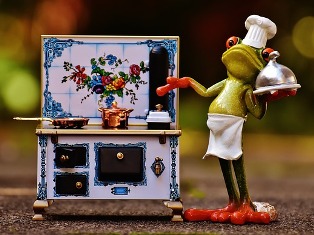
Oh and I have one tip — add spicy applesauce for dessert. Makes for a great cliffhanger!
Now, I have to get back to my salad, um, I mean my characters. Remember I have a new book coming out the end of October, my paranormal fantasy called, TIME AND BLOOD. I promise it will be a tale with a healthy bite.
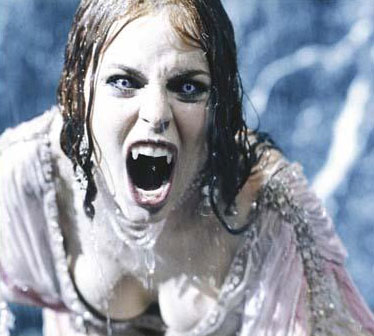
Thanks for stopping by and keep writing! And if you get the time, take a peek at Leverage. I think you’ll enjoy the gourmet salad (it’s on Netflix).
Yours Between the Lines,
Sherry
























